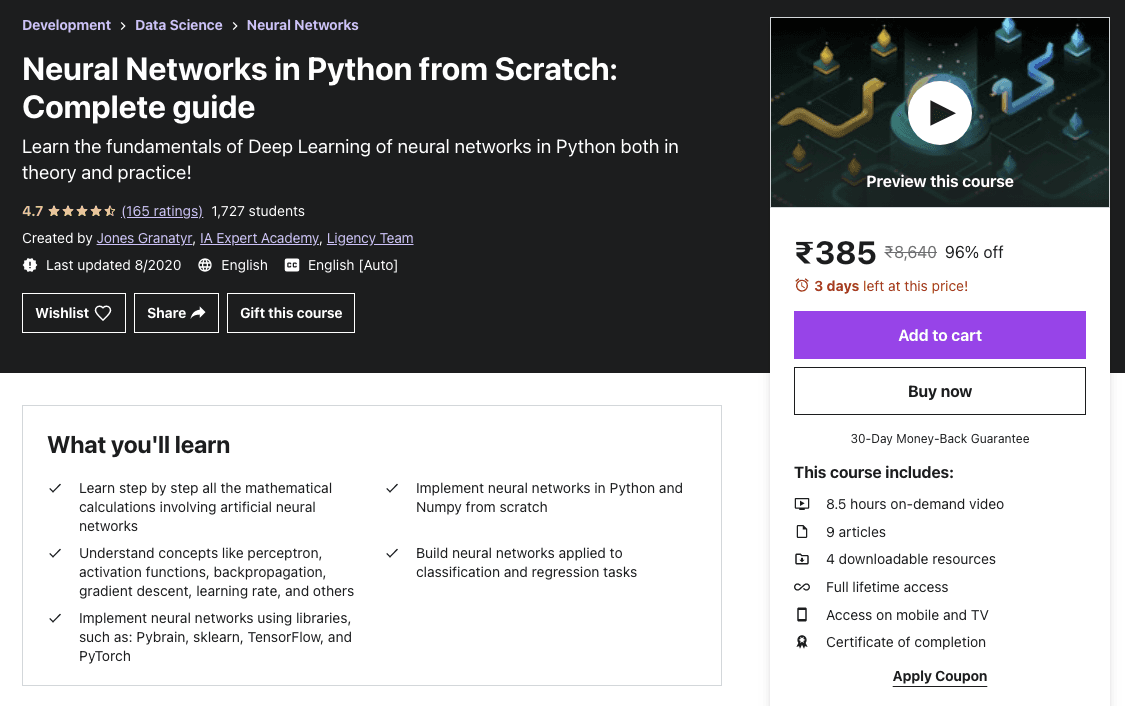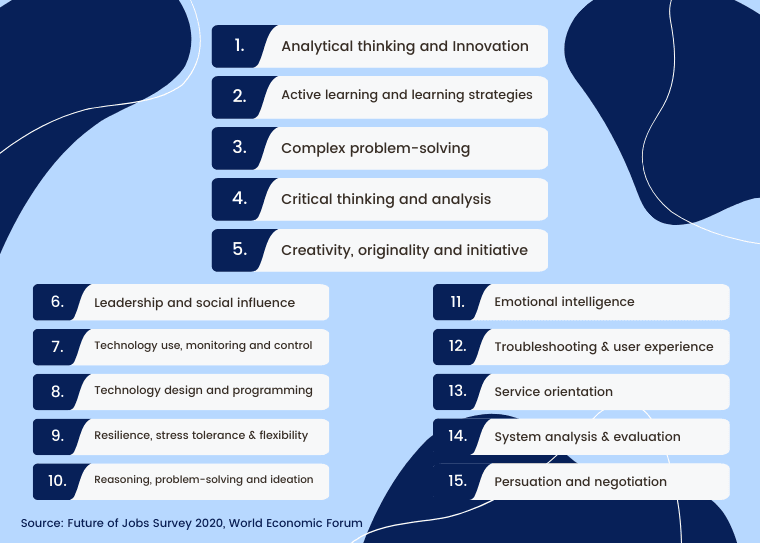Technology, learning and modern trends in education
Jaison Sabu
16 August 2021
This is the second blog of a three-part series that examines the state of education, the modern trends that guide the future of education and how Edurupt aims to address this through the digital hybrid cohort model
2005. As a third year engineering student, I chose to do my mini-project on artificial neural networks. Textbooks offered only the bare basics; accessible research papers were too few. Library books made for dense reading and I had to comb through multiple books multiple times before I could make sense of the complex topic well.
Fast forward to now. Learning about artificial intelligence is just a few clicks away, with the right keywords to mine Google or Youtube. I’d find tonnes of content, explained lucidly in the language of my choice, making learning far quicker. I could enroll in an online course from the comfort of my own home. There is an array of specifically-structured courses to choose from – on Udemy, Coursera, you name it – and with specific variants for specific use cases. They come at unbelievably modest prices: the 8.5 hour-long Neural Networks in Python from Scratch: Complete Course on Udemy is priced at ₹385 (as of August 11, 2021).


The 8.5 hour-long Neural Networks in Python from Scratch: Complete Course on Udemy is priced at ₹385 (as of August 11, 2021). Screenshot from www.udemy.com.
The process of learning has evolved drastically. In this blog, I’ll delve into why. And what has precipitated the latest, out-of-the-box trends in education and learning we’re seeing.
Technology has transformed learning
The most pertinent factor that has altered learning in today’s world? Technology, undeniably.
I’ll explain in more detail.
Look at how much tech pervades our lives today. While on a drive, I can just speak to my car to reply to a text message; I switch on its adaptive cruise control, and I get to rest my feet. Look at Tesla’s Autopilot, Google’s Waymo, or Apple’s still-under-wraps Project Titan: we’re getting close to automated driving cars replacing drivers in the future. AI can scan through millions of pages of laws, legalities and cases in seconds, making for easier and quicker decision making to aid lawyers and judges. The relevance of robotic surgery has increased multifold in the current pandemic: robots can reduce risks of contamination during surgery, as this recent study in Nature argues. We’re talking of remotely-controlled surgeries, higher quality healthcare, and better standards of living.

 Take mechatronics, a field that fuses mechanical, electrical, computer and robotics engineering. Being just a few decades old, there are fewer mechatronics experts, and fewer instructors. Such fields evolve so rapidly that even keeping its syllabus updated is a challenge that needs collaborations of different sorts. That’s exactly what we’re seeing. Just this month, Mercedes-Benz India in collaboration with an Indian University launched a one-year Advanced Diploma in Automotive Mechatronics. A need to keep up with cutting-edge technology in a hugely competitive field drives the need to upskill.
Take mechatronics, a field that fuses mechanical, electrical, computer and robotics engineering. Being just a few decades old, there are fewer mechatronics experts, and fewer instructors. Such fields evolve so rapidly that even keeping its syllabus updated is a challenge that needs collaborations of different sorts. That’s exactly what we’re seeing. Just this month, Mercedes-Benz India in collaboration with an Indian University launched a one-year Advanced Diploma in Automotive Mechatronics. A need to keep up with cutting-edge technology in a hugely competitive field drives the need to upskill.

 Mercedes-EQ, EQS, Interieur, MBUX Hyperscreen Mercedes-EQ, EQS, Interior, MBUX Hyperscreen
Mercedes-EQ, EQS, Interieur, MBUX Hyperscreen Mercedes-EQ, EQS, Interior, MBUX Hyperscreen
According to the World Economic Forum’s Future of Jobs Report 2020, this pace of technology adoption is expected to remain unabated, and may even accelerate in some areas. The report predicts that by 2025, humans and machines will spend equal time on current work tasks; as many as 97 million new roles may emerge that are more adapted to the new division of labour between humans, machines and algorithms.
That’s how much cutting-edge technology is disrupting businesses across the globe. It’s revolutionising learning too. Learning, formally assigned to the first 20 years or so of a person’s life, has now become a lifelong affair. Today, there is a constant need to upskill to stay in the job market. In fact, things are moving so fast that the top ten skills that matter change every five years. According to the WEF report, critical thinking and analysis, problem-solving, and skills in self-management such as active learning would take prominence by 2025.

 Changing pedagogy
Changing pedagogy
As a result, methods of teaching (pedagogy) have drastically altered too, because integrating new tech into learning has become paramount. The declining attention spans of Generation Z mean that learning becomes more digestible when it is engaging, and in bite-sized portions; so ‘nanolearning’ is a feature of some teaching systems today. In project-based learning, students apply what they are taught to find solutions to real-life problems, such as local environmental issues.
Worth mentioning at this point is the German apprenticeship model, where trainees who clear school obtain “dual training”: the benefits of classroom education in a vocational school, and hands-on learning at a company. This is possibly why Germany is far better at training its workers, argues this piece in The Atlantic.
But by far, the field that has boomed is online learning.
What began with online distance learning in the 1990s, followed by MOOCs (massive open online courses) and other online learning systems has now transitioned into a multi-billion dollar industry. According to one report, the global online or e-learning market is projected to exceed USD 1 trillion by 2027. India’s online education market alone is expected to grow to USD 1.96 billion and 9.6 million users by 2021 (when compared to just USD 247 million and 1.6 million users in 2016), predicts a KPMG and Google report.
And the pandemic is accelerating this. Once technology ensures last mile connectivity (combined with access to smartphones) in India, online education will become mainstream. The pandemic has therefore changed education forever, worldwide, says the WEF.
Yet, dealing with such changes is not easy: whether you’re a child, or a 50-year-old looking to upskill. But teach a child to deal with a changing world, and she will never become obsolete, argues entrepreneur Seth Godin in his book Stop Stealing Dreams. He adds:
“And when we give students the desire to make things, even choices, we create a world filled with makers.”
Makers, with learning at their fingertips.